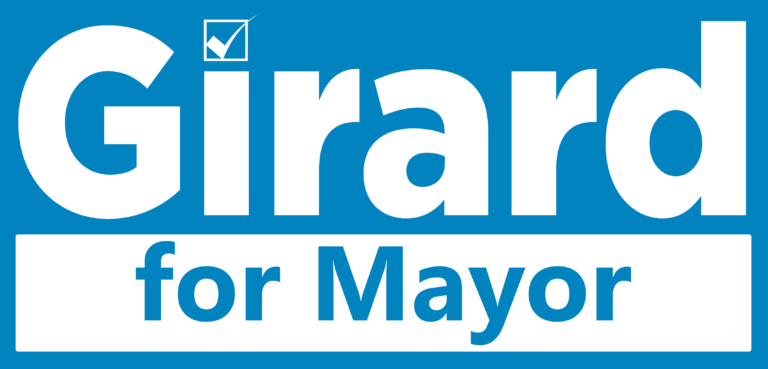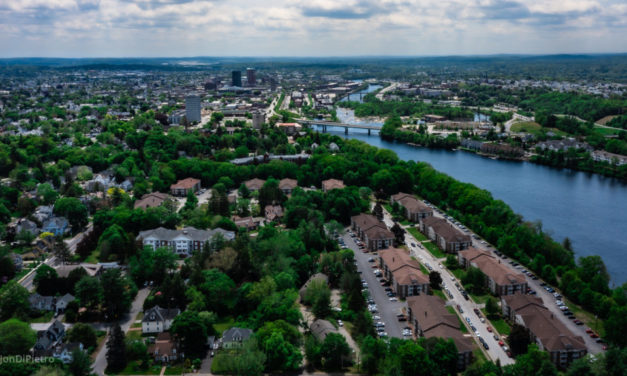It’s a Matter of Supply and Demand and Capitalizing on COVID Induced Changes
Much has been made about an “affordable housing crisis” in Manchester. As Manchester has benefited from the flight of people from major urban areas in wake of the COVID-19 pandemic, the housing market has become more expensive.
Mayor Joyce Craig has blamed the explosion of homeless vagrants on our streets on what she says is a lack of affordable housing. At the same time, she boasts about how Manchester’s hot real estate market is proof that the city is “desirable.” In doing so, she ignores that Manchester is just part of national trend of people moving from large urban areas to smaller places because of COVID-19 and wrongly blames housing prices for the vagrants on our streets, the overwhelming majority of which are either mentally ill, abusing drugs or both and don’t come from Manchester. (Click here for our proposal to deal with Manchester’s awful homeless vagrancy problem.)
My solution focuses on freeing the private sector to increase supply, not programs that increase the size and scope of government so it can have greater control over the type of housing that gets built in our city. Frankly, with 2 of every 3 students in our city qualifying for the free or reduced hot lunch program in our schools and with a similar percentage of housing in our city already considered “low to moderate income,” Manchester needs more housing that appeals to middle and upper class families.
To that end, my proposal to better enable the private sector to increase housing supply is simply to appoint a task force to review and make recommendations on how to revise the city’s many regulatory codes so that they are friendlier to those who would renovate or build residential properties. The task force will also be asked to make recommendations on how to better align the many codes and their enforcement to avoid the conflicts that have plagued the development of property in this city for far too long.
By reducing the regulatory burden and cost, without sacrificing safety or quality, we will better enable the private sector to meet the demand for housing in our city without expensive, big government programs that skew markets, add to regulation and otherwise distort the private sector’s ability to meet the demands of the marketplace.
This task force will also make recommendations about retail or office properties that have lost or may lose their viability as a result the COVID-19 pandemic. As technology has made it possible, even desirable for massive numbers of people to work or shop from home, a lot of retail and office space has lost or will lose its purpose and value. Given that, we should look at our regulatory scheme to figure out how they may be converted to residential uses that could provide unique living spaces and amenities that are inline with the times. We should also review our codes to look for changes that will better enable people to work from home so long as doing so won’t disrupt the residential nature of their neighborhood.
Finally, a specific area of focus for the task force will be on how to make the upper floors above the retail spaces on Elm Street viable as housing. Adding high quality housing to the upper floors of downtown buildings will not only increase the amount of housing, it will add to the overall vibrancy of our Downtown.
Believe in Better!

